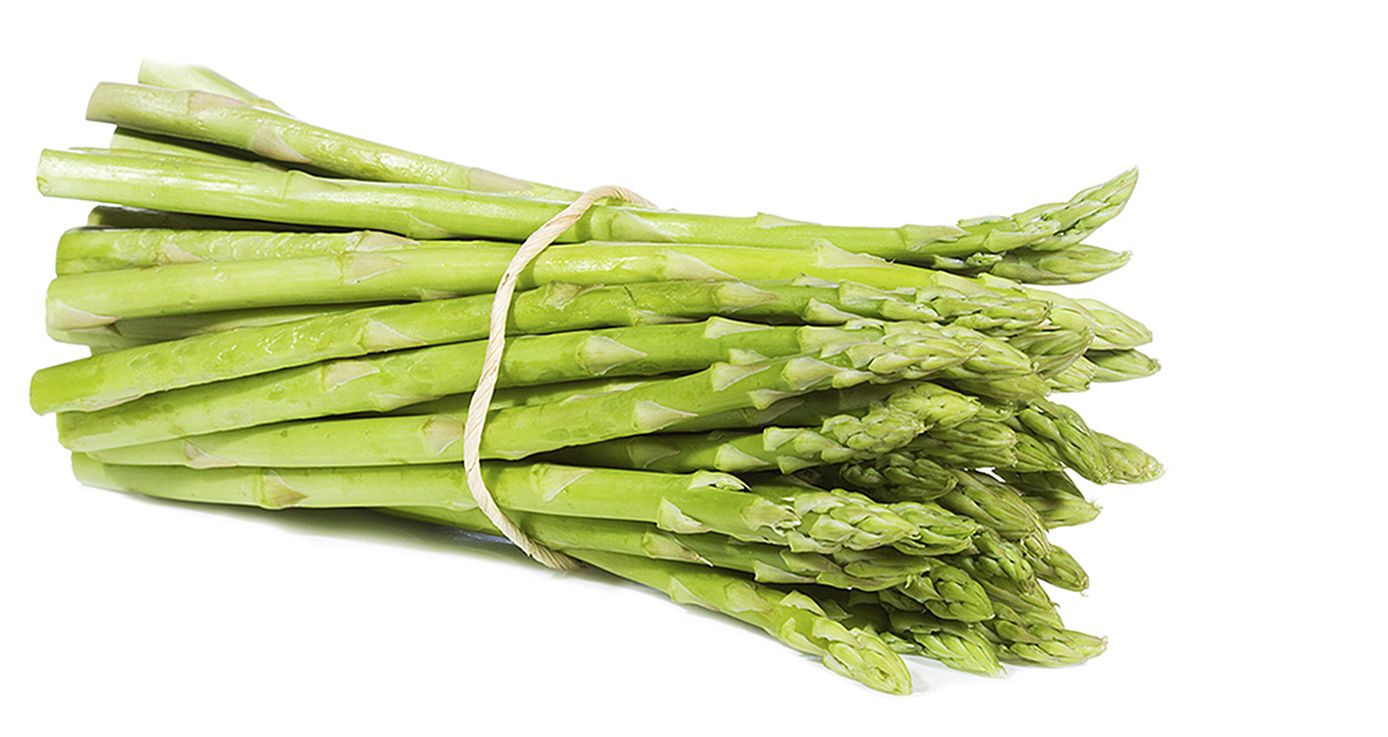Fuzzy science reporting has had people in a tizzy, but you can relax—eating asparagus is quite safe.
By Lola Augustine Brown
If you’re one of the many, many people who Googled, “Does asparagus cause breast cancer?” in the past week, it’s time to calm down.
Study results published in the journal Nature reported that an amino acid found in asparagus appeared to cause one particularly aggressive breast cancer to spread—in mice. The amino acid, asparagine, is also found naturally in the human body, which uses it in the production of protein. (It’s also found in other foods; if the name is suggestive, that’s because asparagine was first identified in asparagus juice).
The results inspired the British, Canadian, and American cancer researchers behind the study to review the records of cancer patients; they found that the more asparagine a tumour produced, the more likely it was to spread. The apparent relationship between the amino acid and cancer, if supported by further research, might point the way forward in the search for new cancer treatments, the researchers said. They never said or even suggested that consuming asparagus could cause cancer.
Moreover, that asparagine seemed to drive the spread of an already aggressive cancer (triple negative breast cancer) in mice doesn’t mean that the same is true in humans—the results of studies involving mice don’t always predict how things work in people. However, the need for compelling headlines often results in sensational headlines such as “Does Asparagus Cause Cancer?” and “Why You Need to Stop Eating Asparagus.”
What the results of this study do tell us is that another scientific discovery in the fight against cancer around cancer has been made—and that’s good news.
Photo: iStock/nitrub.






